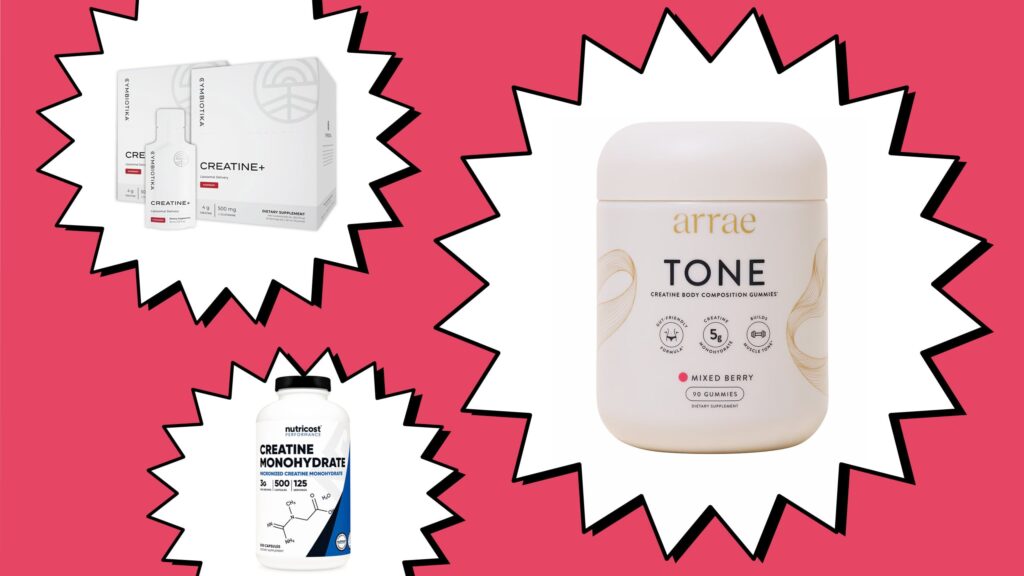
UPDATE: Creatine, long known as a bodybuilding supplement, is now emerging as a crucial player in wellness and longevity discussions. This urgent shift highlights its newfound status as a multifunctional health booster, with experts confirming its benefits extend far beyond the gym.
Just announced: Creatine is being recognized for its potential to enhance cognitive performance, metabolic health, and even support healthy aging. As GLP-1 medications reshape weight loss narratives, this amino acid compound is gaining traction among health enthusiasts and experts alike.
With decades of research backing its efficacy, creatine is one of the most studied supplements available today. Experts from both traditional and functional medicine are breaking down myths surrounding its use, particularly concerns about kidney damage, hair loss, and weight gain.
What exactly is creatine? This compound occurs naturally in the body, derived from amino acids and stored in muscles, brain, and gut. The body typically produces around one gram daily, but it can be challenging to obtain the recommended three to five grams through diet alone, necessitating supplementation for optimal benefits.
Experts like Dr. Wendy Myers emphasize that creatine’s role is not merely about muscle building. “Creatine enhances energy delivery to muscle and brain cells,” she states. “It won’t make you bulk up unless you’re actively trying to build muscle through training.” This is particularly relevant as more women embrace strength training without the fear of unwanted weight gain.
In a significant turn, biohacking expert Dave Asprey supports this view, noting that any potential weight fluctuations are usually mild and related to water retention during loading phases, which are not necessary for most users. He recommends starting with a maintenance dose of three to five grams daily.
The benefits of creatine go far beyond physical performance. Recent studies indicate it may enhance memory, improve mood, and even protect against neurodegenerative diseases like Alzheimer’s and Parkinson’s. Dr. Myers points out that women, who often have lower natural creatine levels, could find it especially beneficial during perimenopause and menopause, improving energy metabolism and cognitive function.
As creatine’s reputation evolves, consumers are advised to choose supplements wisely. Experts recommend looking for creatine monohydrate, which is both clinically proven and largely safe. Sahar Berjis, a registered dietitian, suggests opting for products that are third-party tested and have minimal ingredients for optimal absorption.
The time to consider creatine has never been more urgent. As health trends shift and the importance of cognitive and metabolic health grows, this supplement could be the key to unlocking a healthier lifestyle. Creatine is no longer just for gym enthusiasts—its potential to enhance overall wellness makes it a must-have in today’s health routines.
For those ready to explore the benefits of creatine, a range of options are now available, making this once-niche supplement accessible to all. As the conversation around health and longevity expands, creatine stands out as a powerful ally in the quest for better health.





